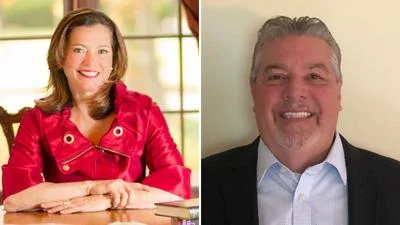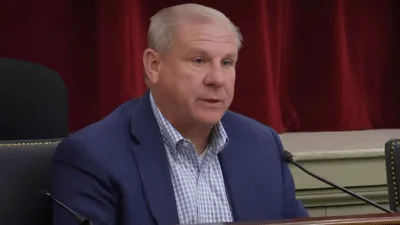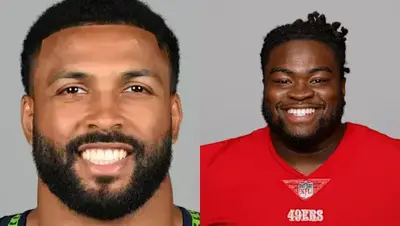Shutterstock
Shutterstock
Reporters are reputed to have a nose for news and be able to smell a story, but some of them, like the proverbial cuckolded husband, seem to be the last to know.
Sometimes a story is right under their noses, and they appear unable to see it.
Are their noses too big, too stuffed up or bent out of shape, too brown, or in the air?
Such questions might be asked of a quartet of longtime political reporters in Chicago: Ray Long, Rick Pearson, Dave McKinney and Greg Hinz.
Before joining the Tribune in 1998 and beginning his current statehouse coverage, Long, according to his staff bio, “covered Chicago City Hall, Cook County courts and government, the state beat and federal courts for AP, the Peoria Journal Star and the Chicago Sun-Times.”
Pearson “has been the Chicago Tribune’s chief political reporter since 1998 (and) has covered Illinois and national politics for more than three decades," his bio said.
Now working for Reuter's, McKinney was a reporter for the Daily Herald for nine years and the Springfield bureau chief for the Sun-Times for 19 years.
Crain's Chicago Business' “blogger and columnist on politics and government in Chicago, Illinois and the nation,” Hinz “joined Crain’s in 1996, after four years as political editor of Chicago magazine and nearly two decades as political editor and columnist with the Lerner Newspapers chain.”
These guys are not cub reporters. They've been around a long time and share more than 100 years of journalistic experience.
Nevertheless, all four of them managed to miss – or insisted on ignoring – the biggest story of the last 15 years, the burgeoning public pension crisis brought on by two Democratic governors and a legislature controlled like a vice-grip by Democratic House Speaker Michael Madigan and Senate President John Cullerton.
They didn't seem to notice the pension problem at all, until Bruce Rauner made the solution of it the cornerstone of his campaign for governor. Even then, their belated coverage of this massive story seemed designed to undermine first Rauner's candidacy and then his efforts to implement necessary reforms.
An anti-Rauner article by McKinney during the election led ultimately to that reporter's resignation, following charges that his wife had ties to an anti-Rauner PAC.
A patronizing piece by Hinz, exhorting Rauner to abandon his reform plans, is typical of recent efforts from this phony foursome.
“Much as it stings, you don't always win,” Hinz counseled. “When the price of a deal is just too high to ever pay off, you're better off letting it go,” he wrote in a column headlined, “You've got to know when to fold 'em, Bruce.”
Maybe Hinz and his three comrades are the ones who should think about folding, giving up their journalism careers in favor of something more appropriate for them. Surely they could use their connections to get state jobs or positions as Democratic Party flacks.






 Alerts Sign-up
Alerts Sign-up